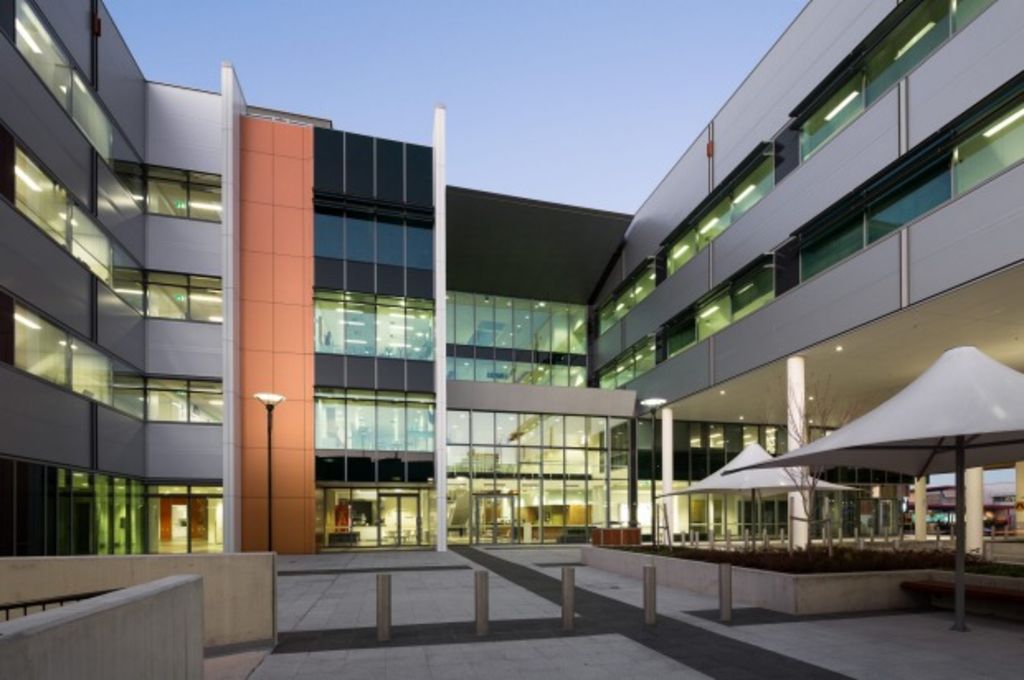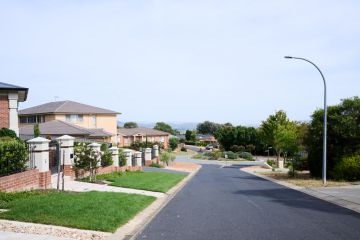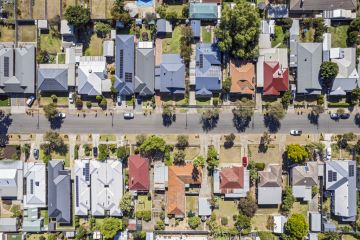Canberra increasingly considered save haven for Asian commercial investors

Canberra is set to attract further offshore investment in 2016, which will further boost the local commercial market.
According to Knight Frank Canberra’s associate director of institutional sales Nic Purdue, positive economic signs in the nation’s capital are expected to help underlying market fundamentals.
“This includes a far more stable vacancy rate than existed 12 to 24 months ago,” Mr Purdue says.
“Increasingly stable vacancy rates, stable incentives and some rental growth are all signs that the Canberra commercial market has reached the lowest end of its cycle and is now set for growth.”
Mr Purdue says investors from Asia are increasingly looking towards the Canberra market, because of its secure, long-term government tenants.
“The current wave of Asian capital is looking to diversify away from Australia’s core markets and into higher-yielding regions, such as Canberra,” Mr Purdue says.
“With some volatility in global markets, Canberra is increasingly being considered as a safe haven. This is within the context of the wider Australian marketplace. Australia remains attractive for offshore investors drawn by the low Australian dollar, cost-effective borrowing and government stability.
“We are already receiving increased interest from Asian countries including Korea, Singapore and Malaysia,” Mr Purdue says.
The recent sale of the Louisa Lawson Building was a landmark transaction that would attract more interest from these groups.
Colliers International’s national director of capital markets and office leasing Tim Mutton, who negotiated the sale, agrees.
“Singapore, Germany and the UK have been the largest source of net foreign investment over the past few years,” Mr Mutton says.
“However, we expect other Asian investors to materialise in coming years. Deregulation of Chinese Life companies is pushing more capital into the system and it is likely investors will begin to focus more acutely on Canberra once priced out of other markets.”
Mr Purdue says hotel buyers from Asia are seriously considering Canberra and actively seeking opportunities.
“In addition to interest in the commercial office sector, we have recently received several inquiries for hotels in Canberra on behalf of Asian hotel groups. We expect this interest to continue,” Mr Purdue says.
Canberra had yet to experience an influx of Chinese investors in the commercial market, but the residential market had attracted plenty of interest.
“Canberra’s commercial sector hasn’t yet seen the levels of demand from Chinese investors that other capital cities have seen, but that could also change,” Mr Purdue says.
Another factor that may have a positive impact on the flow of Asian investment is the possibility of Singapore Airlines initiating direct flights between Canberra and Asia.
“As reported in the media over the past week, if Singapore Airlines does create a direct flight route between Canberra and Asia, this will continue to build the case as an investment destination for Asian investors,” Mr Purdue says.
We recommend
We thought you might like
States
Capital Cities
Capital Cities - Rentals
Popular Areas
Allhomes
More







